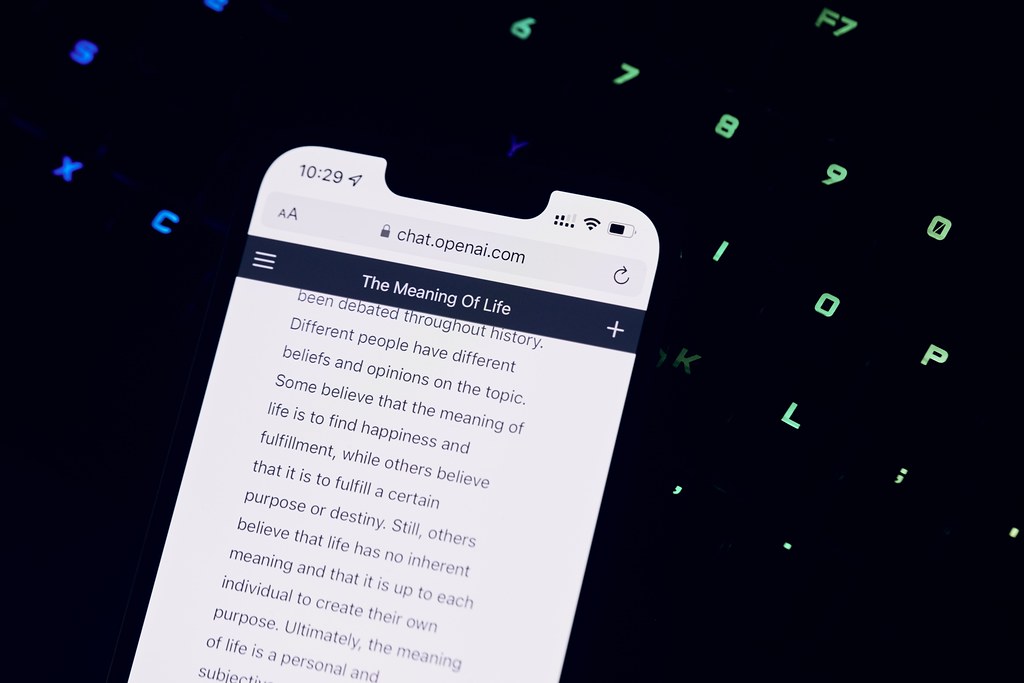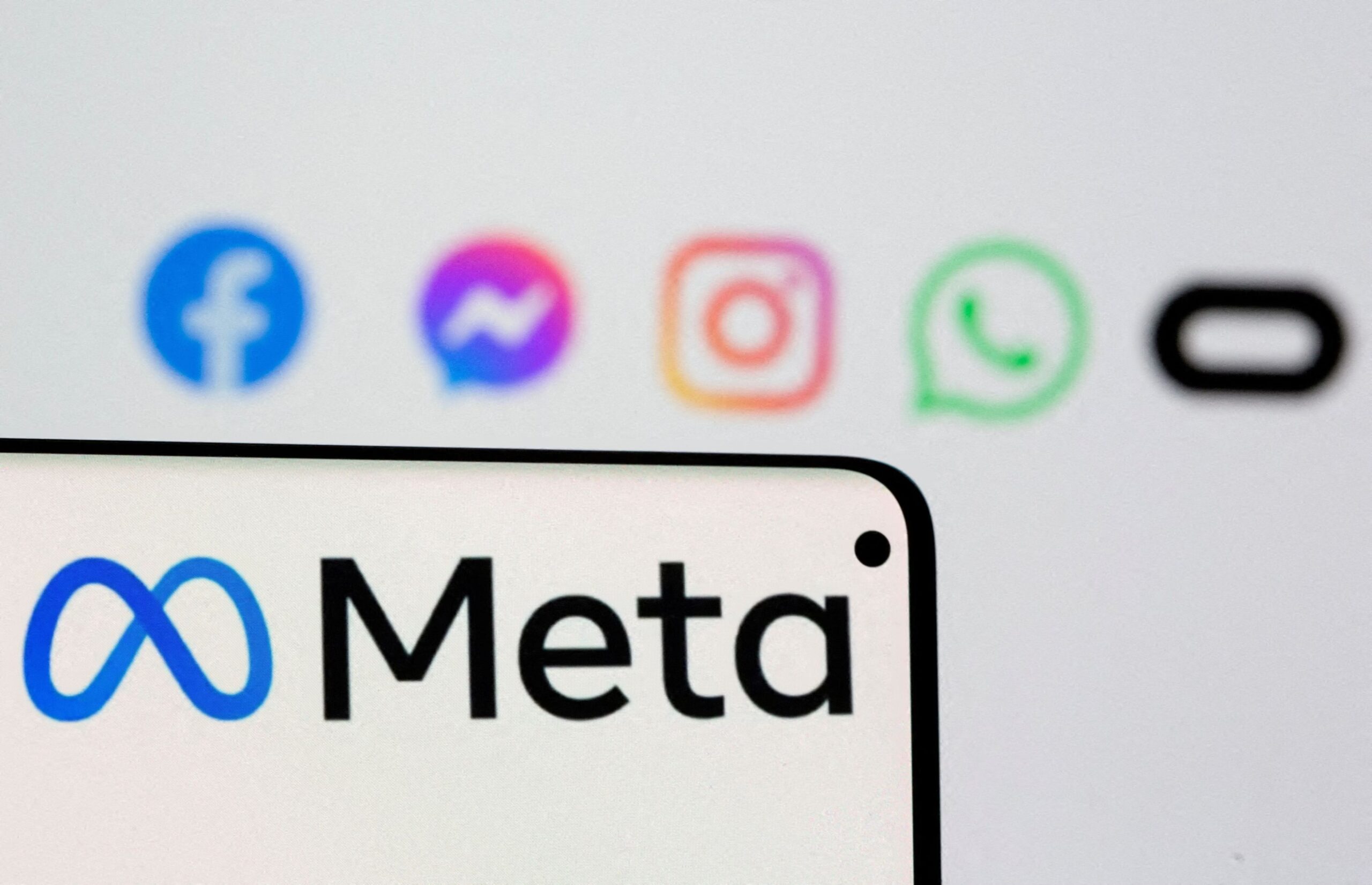Russian hackers have reportedly employed a new cyberattack technique exploiting the WhatsApp Web feature to target individuals through phishing tactics. Cybersecurity experts identified this alarming trend in early October 2023, raising concerns about the potential for widespread digital espionage. The attack involves tricking users into revealing sensitive information, posing a significant threat to both personal and corporate data security worldwide.
Sophisticated Phishing Methods on WhatsApp
The hackers employ sophisticated methods by sending malicious links through WhatsApp Web, a feature allowing users to access their messaging account via a computer browser. Once unsuspecting individuals click on these links, they are redirected to fake websites designed to steal login credentials and other sensitive data. This method highlights the evolving tactics of cybercriminals, who continuously adapt to exploit popular communication platforms.
Experts believe that this wave of attacks is part of a broader espionage campaign conducted by Russian state-backed groups. These groups have a history of targeting various sectors, including government bodies, financial institutions, and private enterprises. By leveraging the widespread usage of WhatsApp, the attackers aim to maximize their reach and impact, making it challenging for individuals and organizations to safeguard their information.
In response to these developments, cybersecurity firms urge users to exercise caution when receiving unexpected messages or links on WhatsApp Web. They recommend verifying the authenticity of such communications and advise against clicking on unfamiliar links. Additionally, users are encouraged to enable two-step verification on their accounts to add an extra layer of protection against unauthorized access.
WhatsApp, owned by Meta Platforms, Inc., has acknowledged the reports of phishing attacks and is actively working to enhance its security measures. The company emphasizes its commitment to user privacy and safety, urging users to remain vigilant and report any suspicious activities encountered on the platform. Meanwhile, cybersecurity agencies continue to monitor the situation closely, collaborating with international partners to mitigate the threat posed by these cybercriminals.
What The Author Thinks
The recent phishing attacks via WhatsApp Web represent a troubling evolution in cyber threats, exploiting a widely used communication tool to conduct espionage. This incident underscores the necessity for ongoing vigilance and proactive cybersecurity measures by both individuals and organizations. As digital platforms continue to be intertwined with daily communications, the responsibility of platforms like WhatsApp to secure their environments has never been more critical. Users must remain cautious and informed, as cybercriminals increasingly utilize sophisticated tactics to exploit any vulnerability in our increasingly connected world.










